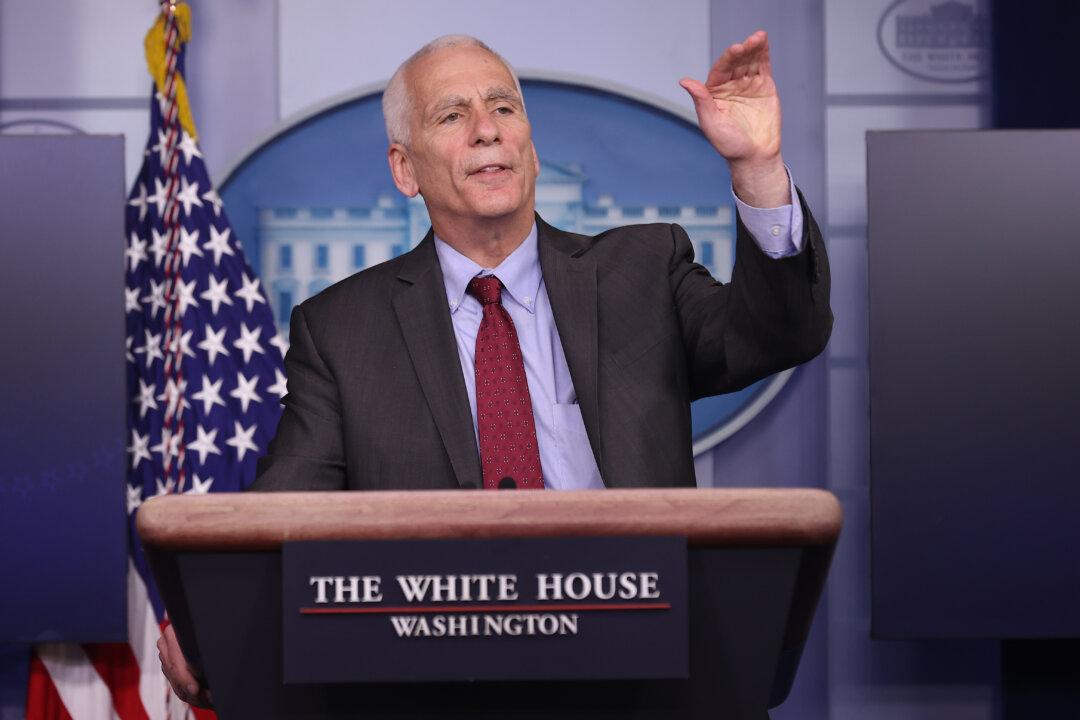Jared Bernstein, a member of the White House Council of Economic Advisers, has admitted that inflation might not have hit its highest level yet.
In an interview with Saleha Mohsin, senior Washington correspondent for Bloomberg News, Bernstein was asked about the inflation situation. “I’ve seen folks say that the peak is behind us. I’m just going to be a lot more cautious than that,” Bernstein replied, according to a tweet by Mohsin on Aug. 30. “I certainly understand the rationale of where they’re coming from ... There are still uncertainties.”





